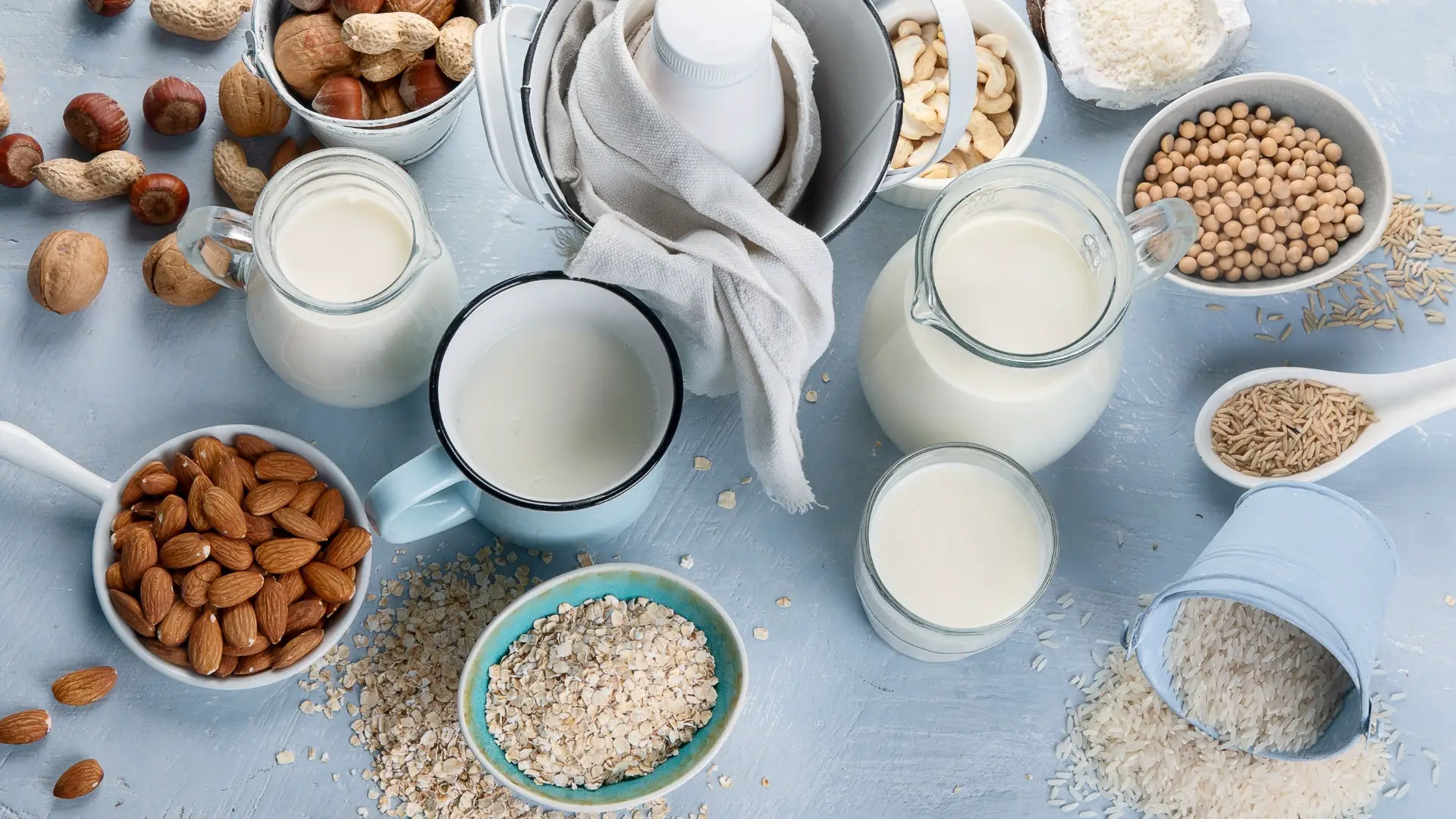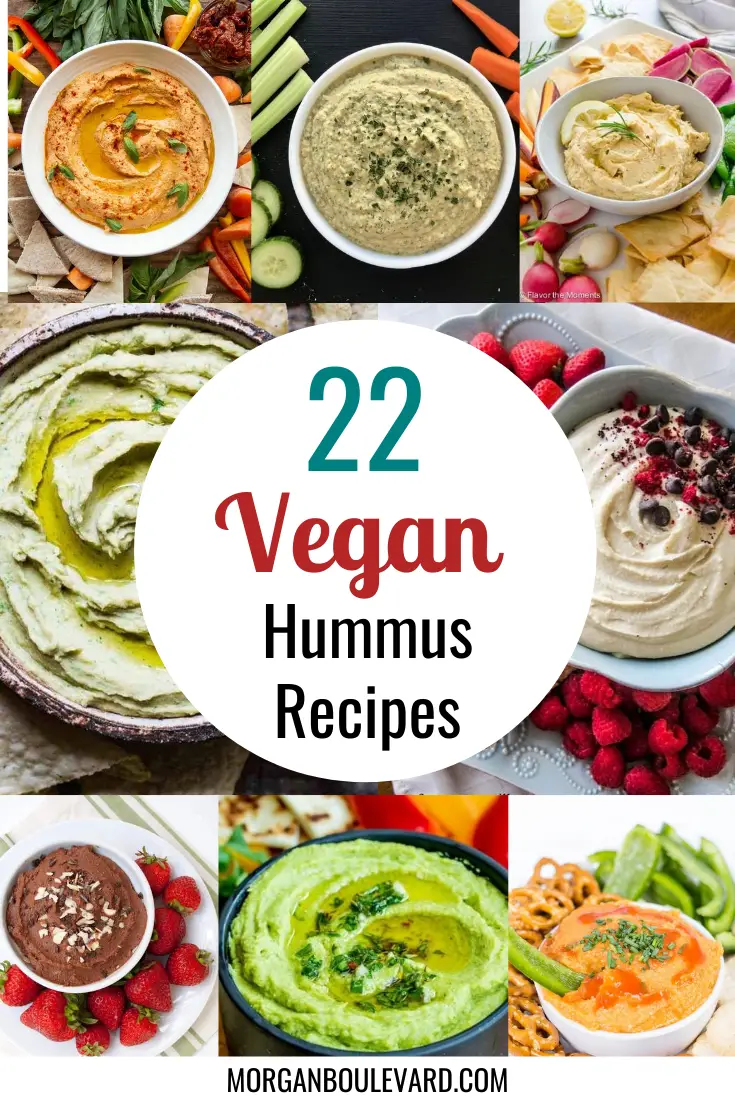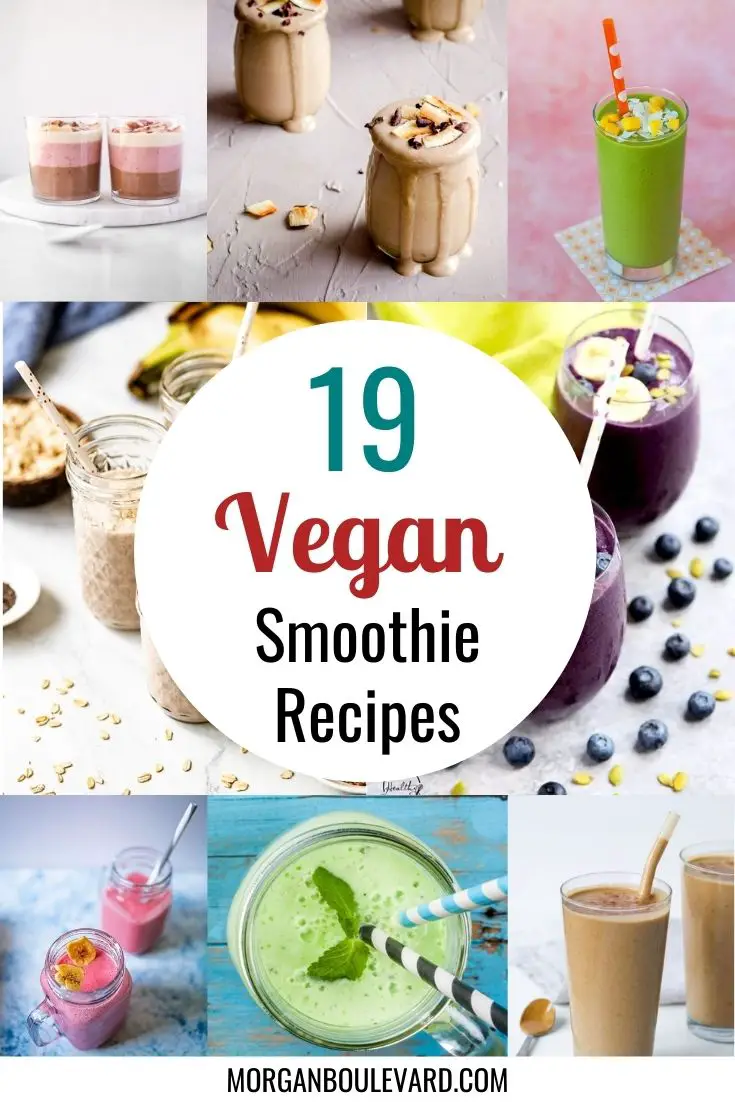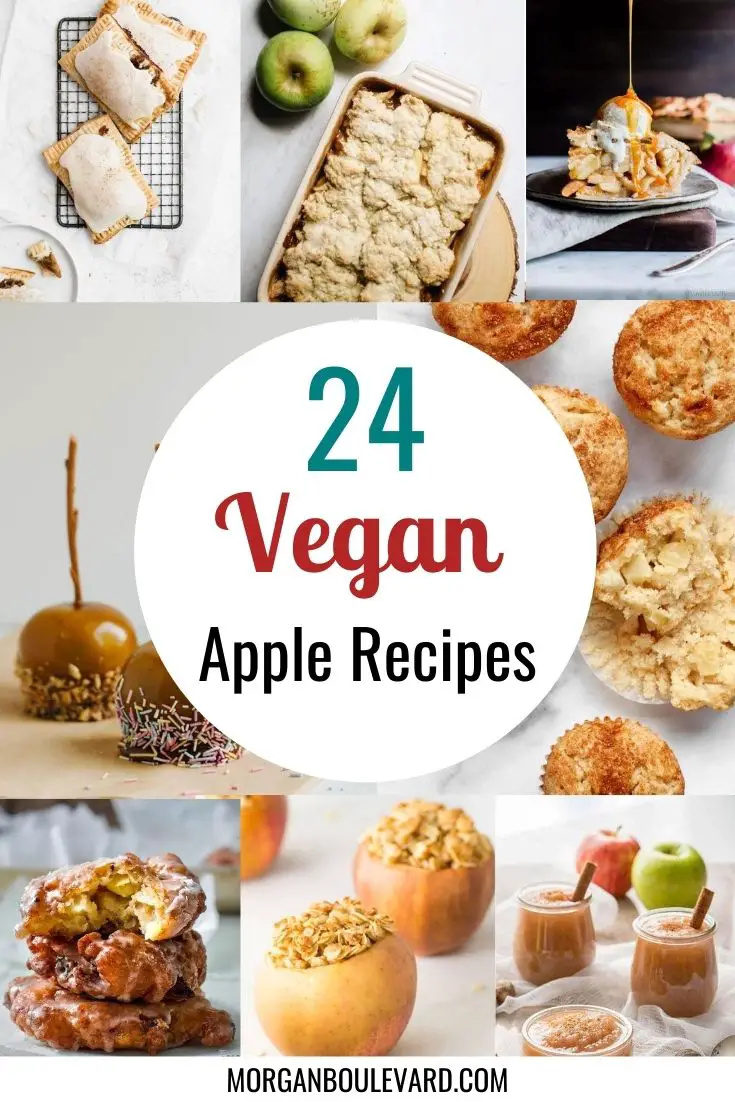The Rise of Plant-Based Milk: A Healthier and Eco-Friendly Choice

The dairy aisle has evolved. Once dominated by cow’s milk, it now showcases a diverse range of plant-based milk alternatives. As health, environmental, and ethical concerns grow, more consumers are exploring these dairy-free options. But what makes plant-based milk stand out, and is it truly a better choice?
The Expanding World of Milk Alternatives: The variety of plant-based milks available today ensures there’s something for everyone. These milks can be broadly categorized based on their source:
- Fruit-Based: e.g., banana milk
- Grain-Based: e.g., rice, quinoa, and oat milks
- Legume-Based: e.g., pea protein and soy milk
- Nut-Based: e.g., walnut, cashew, almond, and coconut milks
- Seed-Based: e.g., hemp, sesame, and flaxseed milks Each category offers different flavors, from the classic to chocolate and vanilla, and sweetness levels, ranging from unsweetened to sweetened.
Why Consider Plant-Based Milk? Plant-based milk isn’t just for those with dairy allergies or intolerances. Here are some compelling reasons to make the switch:
Note: This post may contain affiliate links, which means if you buy from my link I might make a small commission. This does not affect the price you pay. See the full affiliate disclosure here.
- Hormone-Free: Unlike cow’s milk, which can contain naturally occurring estrogen, especially from cows on factory farms, plant-based milks are hormone-free. Some studies suggest that the estrogen in cow’s milk might increase the risk of certain cancers, though the evidence is still debated.
- Lower in Fat and Calories: Most plant-based milks have significantly less fat and calories compared to whole-fat cow’s milk.
- Reduced Sugar: Unsweetened plant-based milks typically contain less sugar than dairy milk, promoting a healthier diet.
Eco-Friendly Choice: Plant-based milks are not only good for you but also for our planet. They:
- Conserve Land: Producing plant-based milk requires significantly less land compared to dairy farming.
- Save Water: On average, plant-based milk production uses up to 90% less water than dairy milk.
- Reduce Emissions: Dairy farming contributes significantly to greenhouse gas emissions. In contrast, plants used for milk alternatives have a much lower carbon footprint.
Tips for Picking the Perfect Plant-Based Milk:
- Taste Matters: Experiment with various types and brands to find your favorite.
- Nutrient Check: Read labels to ensure you’re getting essential nutrients like calcium and vitamin D.
- Protein Content: If you’re vegan, opt for plant-based milks like pea, flaxseed, or soy that are higher in protein.
- Budget-Friendly Options: While some plant-based milks can be pricier than dairy milk, shop around to find a nutritious option that fits your budget.
Conclusion: Whether you’re lactose intolerant, environmentally conscious, or just curious, plant-based milks offer a plethora of benefits. So, the next time you’re at the grocery store, why not give one a try? You might just find your new favorite beverage!






